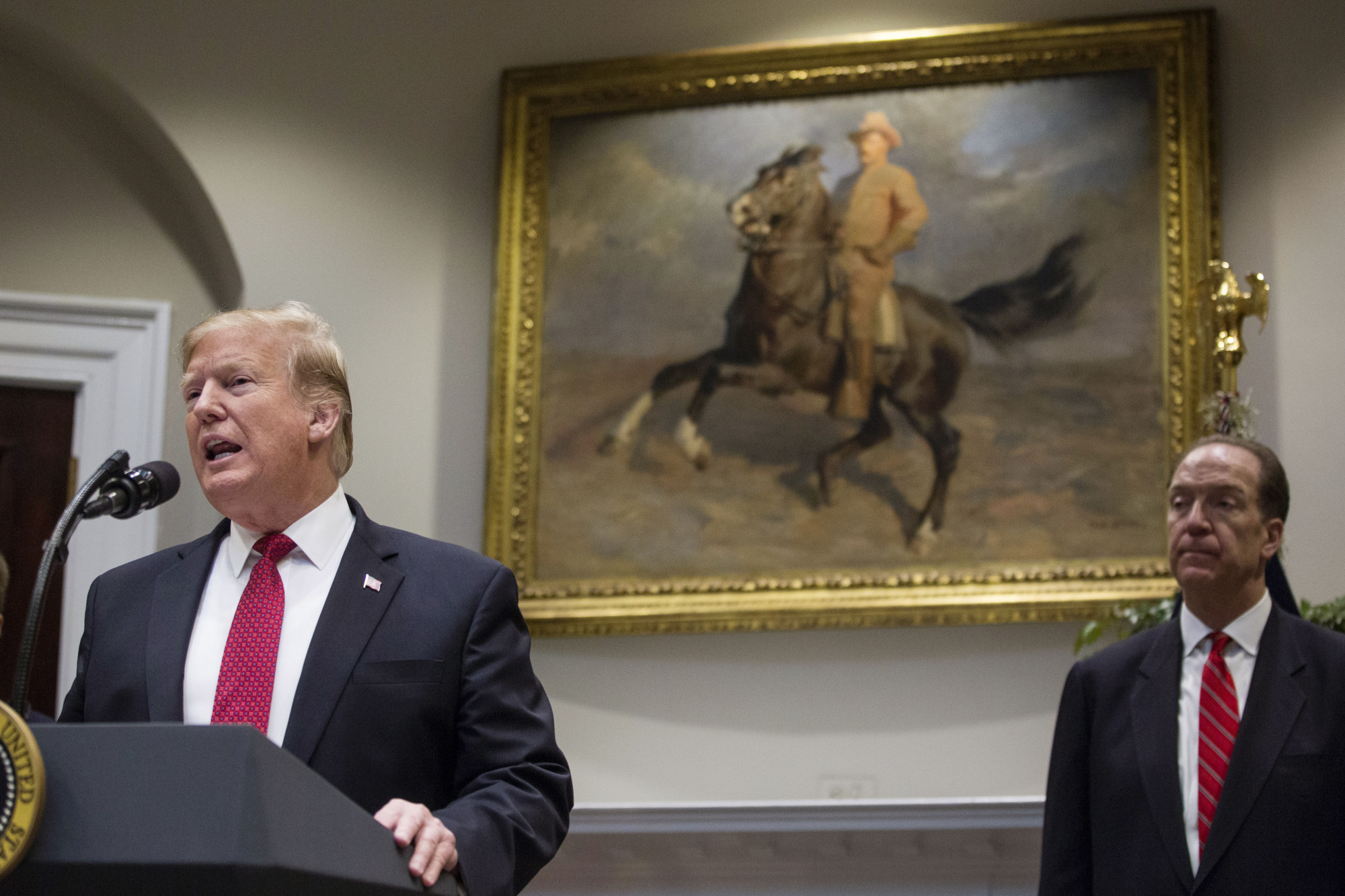Japan, a major World Bank creditor and shareholder, has a keen interest in the future direction of the largest multilateral development bank. An imminent change at the helm is an opportunity for the bank to go beyond fighting poverty, and give top priority to confronting the dangers of climate change, widening income gaps and hindrances to open world trade — crucial concerns for Japan and the countries it works with.
But getting this agenda off the ground could be stymied if the U.S. administration's nominee for the presidency, David Malpass, is put there mainly to slow climate action and check the rise of China.
The nomination of Malpass, an under secretary of the U.S. Treasury, reinforces the unwritten norm of an American national always heading the World Bank. This manner of selecting the chief of a multilateral agency — and a European leading the International Monetary Fund — is highly problematic, especially as these institutions advise countries to adhere to merit-based and competitive governance.



















With your current subscription plan you can comment on stories. However, before writing your first comment, please create a display name in the Profile section of your subscriber account page.